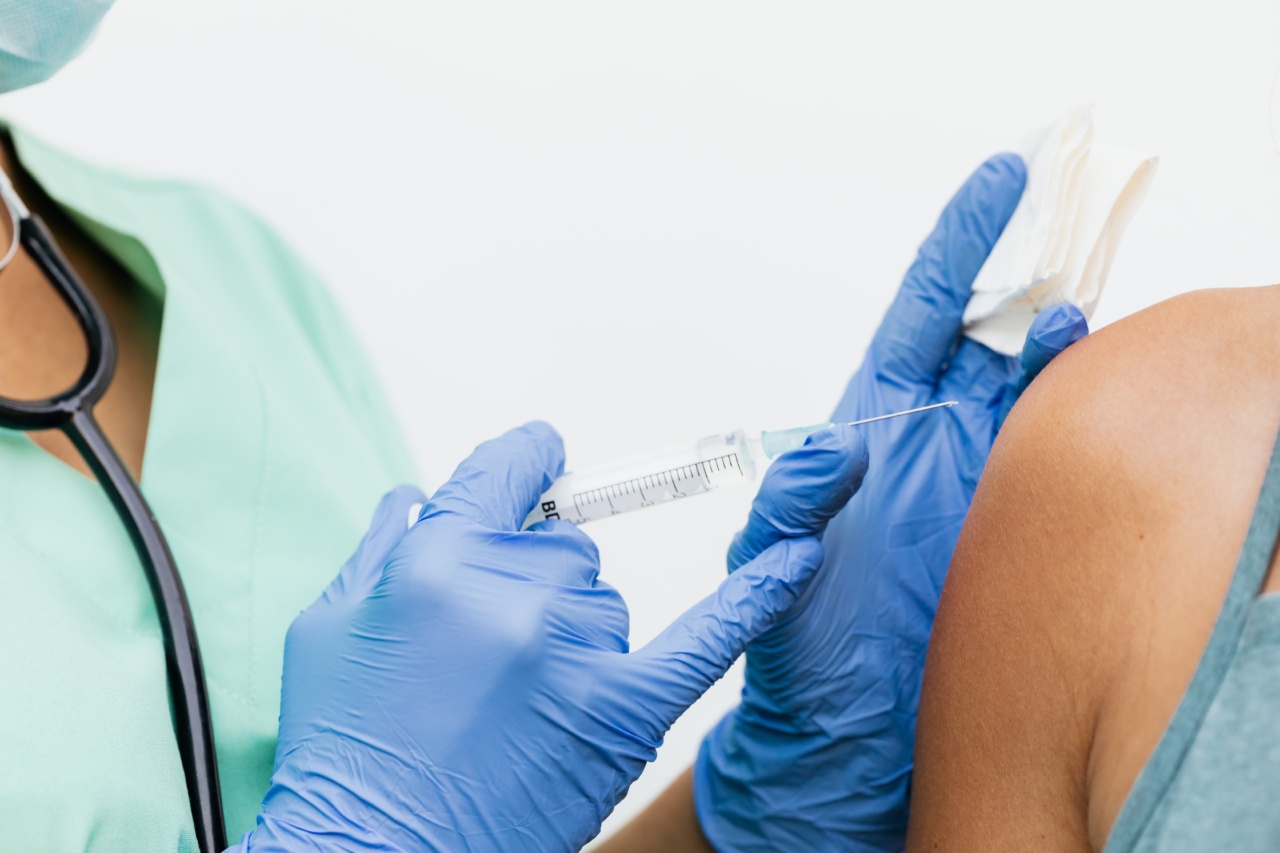Vaccines have been one of the most important medical advancements of our time. Vaccines help protect against a range of diseases, and have saved millions of lives around the world.
However, despite the overwhelming evidence of their efficacy and safety, vaccine scepticism is still prevalent among some communities. This is particularly dangerous as it can put vulnerable members of society at risk of vaccine-preventable diseases.
The Risks of Refusing Vaccination
Apollo was a young child whose parents refused to vaccinate him. They believed vaccines were unnecessary and potentially harmful, despite the fact that numerous studies have shown that vaccines are safe and effective.
Unfortunately, Apollo contracted measles, which is a highly contagious and potentially deadly disease. Measles can lead to serious complications such as pneumonia, encephalitis (swelling of the brain), and even death.
Measles is a highly contagious respiratory virus that affects the respiratory system. The virus is spread through the air when an infected person coughs or sneezes.
Symptoms of measles include fever, cough, runny nose, conjunctivitis, and a rash that spreads over the entire body. Complications of measles can be severe especially in young children and people with weak immune systems. Measles can damage the respiratory system and brain leading to long-term disabilities or even death.
The Importance of Herd Immunity
One of the main reasons why vaccination is important is because of herd immunity. When a large percentage of a population is vaccinated against a disease, it becomes much less likely that the disease will spread.
This helps protect people who cannot receive vaccines, such as those with weakened immune systems, very young children, and the elderly. Herd immunity is particularly important for highly infectious diseases like measles, which can spread quickly throughout a community. When vaccination rates are low, herd immunity is compromised, and the disease can spread much more easily.
The Dangers of Vaccine Scepticism
Vaccine scepticism is a dangerous mindset to have, as it can put the entire community at risk.
When people refuse to vaccinate themselves or their children, they are not only putting themselves at risk, but they are also putting vulnerable members of society at risk. This includes infants too young to be vaccinated, people with weakened immune systems, and the elderly. These groups are much more likely to experience severe symptoms and complications if they contract a vaccine-preventable disease.
Unfortunately, vaccine scepticism is still a prevalent mindset in many communities around the world. The internet and social media have provided a platform for anti-vaccine propaganda, which can spread misinformation and fear.
This can cause parents to delay or refuse vaccinations for their children, leading to outbreaks of preventable diseases.
The Role of Healthcare Professionals
Healthcare professionals play a crucial role in promoting vaccination and combating vaccine scepticism. They can provide accurate information about vaccines, answer questions and dispel myths, and encourage patients to get vaccinated.
Furthermore, healthcare professionals can provide information about the risks of not vaccinating, which can help patients make informed decisions about their health and the health of their families.
The Importance of Education
Education is crucial in addressing vaccine scepticism. This includes not only formal education in schools and universities, but also public education campaigns.
Public education campaigns can help counteract anti-vaccine propaganda and provide accurate information about vaccines. Furthermore, education campaigns can help dispel myths and fears about vaccines, and explain the science behind how vaccines work.
The Bottom Line
Vaccines are one of the most important medical advancements of our time. They have saved millions of lives around the world, and have helped protect against a range of diseases.
However, vaccine scepticism is still prevalent in some communities, and this can put vulnerable members of society at risk of vaccine-preventable diseases. It is important for healthcare professionals and educators to promote accurate information about vaccines, and to combat vaccine scepticism in order to protect public health.































